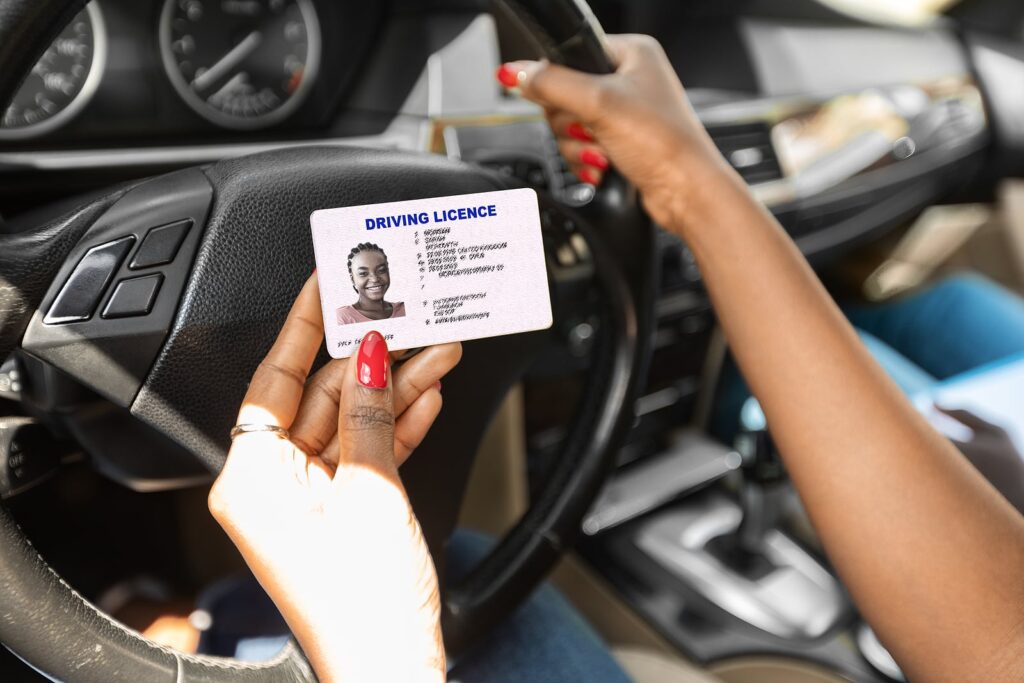Important Considerations When Adjusting from Student Visa Status
F-1 student visas are one way to gain lawful entry into the United States. These visas allow people to study in the country as a full-time student. Student visa status requires you to be enrolled in a qualifying educational or vocational program as a full-time student. You also have to demonstrate that you can support yourself during this time and that you have a home abroad that you don’t intend to give up.
However, many situations might warrant a desire to go from student visa status to permanent residency. Getting a green card as a student who is already in the United States is complex. You may be able to go through family immigration processes or other options, though it’s important to be aware of the potential challenges and the lengthy timelines related to some of these applications.
Understand the Eligibility Requirements for Adjusting Your Status
Begin your journey from student visa holder to permanent resident by understanding the eligibility requirements for adjusting your status. This will be different depending on the type of visa path you want to take. By going through a checklist of requirements, you can understand whether you have a good chance of getting approved for a status adjustment or what types of challenges you might face during the process.
Consider Which Path for Adjustment Works for You
You’ll need to choose a path for adjustment that works for your situation. Not all paths have the same requirements, and you may be eligible for one path when you aren’t eligible for another. If you are interested in adjusting your student visa status to permanent residency, consider talking to an immigration lawyer. They can help you understand your options.
Family Immigration
One option may be family immigration. In this process, a family member who is a U.S. citizen or legal resident petitions on your behalf. Your family member must meet specific requirements, and you must be related to them closely. This works best for immediate family relationships; your aunt or uncle can’t typically petition for you, for instance.
Employment-Based Immigration
Depending on the type of degree you get and any other skills you have, you may be able to get an employment-based green card. Typically, you need to have skills and knowledge that are highly desirable and are hard for employers in the United States to hire domestically for. Employer-based visas involve an employer sponsoring you.
Self-Petitioning
If you have completed a degree program that allowed you to develop extraordinary knowledge and skills in certain areas, including business, science, education, art, or athletics, you may be able to leverage that degree to self-petition for an EB-1 visa. This requires achieving a certain number of accomplishments, such as receiving certain types of awards, being invited to speak as a panelist or expert, having a membership in an industry organization, or publishing in trade journals.
Optional Practical Training
Optional practical training, or OPT, allows you to work for up to 1 year in the United States after completing school. You will need to work at least 20 hours per week in a position that is directly related to your field of study for this status. Some students who have completed degrees in specific STEM fields can extend OPT by up to 24 months.
OPT status might allow you extra time in the United States while you work out a visa adjustment.
Complete the Proper Paperwork
Once you decide which path is right for you, you’ll need to complete the proper paperwork and file it with the U.S. Citizenship and Immigration Services office. It’s essential that you complete the paperwork following the right deadlines and that you ensure your documents are complete and accurate.
Understanding Common Challenges and Delays
Visa processes are generally slow-moving, so you should plan ahead as early as possible. You may need to wait weeks or months for paperwork to process, and with options like family immigration, only a certain number of people are approved each year. Some applicants end up on waiting lists, and it can take multiple years to receive an approval. Visa approval is also not guaranteed, so it’s important to have a backup plan.
Why Work With an Immigration Lawyer
An immigration lawyer provides helpful guidance as you transition from a student visa status into the next chapter of your life. Consider contacting an experienced immigration attorney as soon as possible so you can proactively plan your next steps. Your lawyer will help you choose the right path for a potential immigration status change, complete paperwork and gather necessary documents, and appeal immigration decisions if they are not in your favor and there is a chance of changing them.
Toland Law charges a consultation fee for immigration cases. However, if you decide after speaking with our team that Toland Law is the right option for you, the fee is credited toward any legal fees for the work we do. Immigration cases can be complex, and it can take some time for us to understand your case and for potential clients to know Toland Law is the right partner for them. To begin the process of adjusting your student visa status with a lawyer you can trust, call Toland Law today at 857-347-3701.








